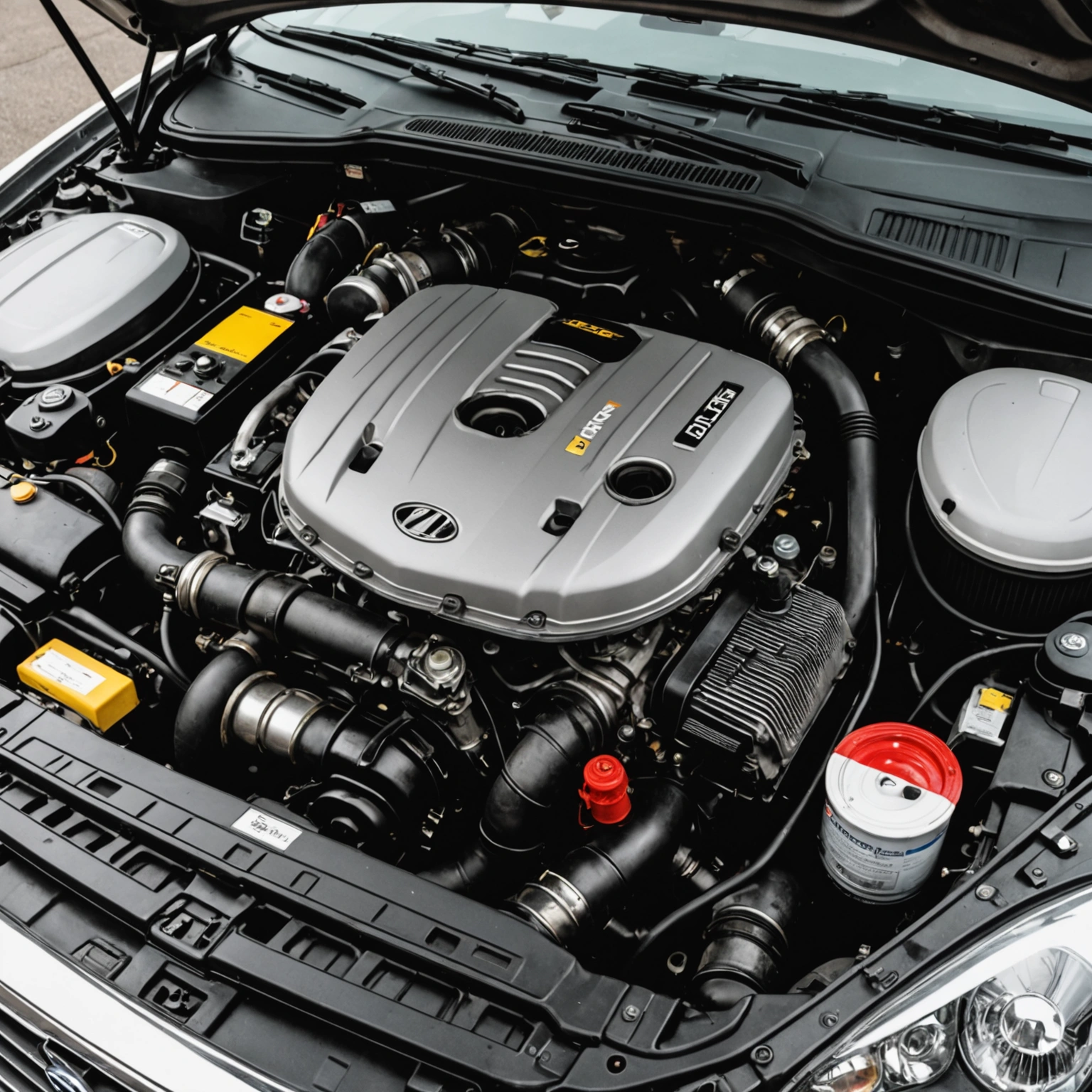**Why Does My Car Engine Smell Like Rotten Eggs? Understanding the Causes and Solutions**
If you notice a foul, sulfur-like smell reminiscent of rotten eggs emanating from your car’s engine or exhaust, it’s understandable to be concerned. This unpleasant odor isn’t just bothersome; it can also indicate underlying issues that, if left unaddressed, might lead to more serious problems. Let’s explore the common causes of this smell and what steps you can take to resolve it.

### Common Causes of the Rotten Egg Smell in Your Car
#### 1. **Catalytic Converter Problems**

The most frequent culprit behind a rotten egg smell is a malfunctioning catalytic converter. This vital component in your exhaust system converts harmful gases like carbon monoxide, hydrocarbons, and nitrogen oxides into less harmful emissions. When it’s failing or clogged, it can produce sulfur compounds that emit a rotten egg odor.
#### 2. **Fuel System Issues**

Using contaminated or low-quality fuel containing sulfur compounds can lead to sulfur emissions during combustion, resulting in a rotten egg smell. Additionally, if your engine isn’t burning fuel efficiently—perhaps due to a faulty oxygen sensor or fuel injectors—more sulfur compounds may escape into the exhaust.
#### 3. **Oil or Transmission Fluid Leaks**

Leaks of engine oil or transmission fluid onto hot engine parts can produce a sulfurous smell. If oil leaks onto the exhaust manifold or catalytic converter, the burning oil emits a rotten egg odor.
#### 4. **Sulfur in the Fuel**
In some cases, the sulfur content in the fuel itself is high, especially with certain diesel fuels or fuel from regions with less stringent refining processes. This sulfur can lead to the distinctive smell as the fuel burns.
#### 5. **Exhaust System Exhaust Leaks**
A leak in the exhaust system can cause exhaust fumes, including sulfur compounds, to escape prematurely, leading to the smell inside or around the vehicle.
—
### What Should You Do If Your Car Smells Like Rotten Eggs?
**1. Have Your Vehicle Inspected Promptly**
If you detect a rotten egg smell, especially if it persists or worsens, schedule a visit with a qualified mechanic. They can diagnose issues with the catalytic converter, exhaust system, or fuel system.
**2. Check for Exhaust System Issues**
A mechanic can inspect for leaks, blockages, or damage in the exhaust system that might cause sulfur compounds to escape or produce odors.
**3. Monitor Engine Performance**
Poor fuel economy, rough idling, or decreased power may indicate engine issues contributing to the smell. Addressing these can improve emissions and smell.
**4. Use Quality Fuel**
Opt for reputable fuel stations and consider using fuel additives designed to clean the fuel system, which may help reduce sulfur buildup.
**5. Repair Leaks and Replacements**
If leaks in oil, transmission fluid, or exhaust components are identified, prompt repair is essential to prevent further damage and eliminate odors.
—
### When to Seek Immediate Attention
– The smell is accompanied by engine warning lights.
– You notice a decrease in engine performance.
– There is visible smoke or leaks.
– The smell persists despite routine maintenance.
—
### Final Thoughts
A rotten egg smell in your vehicle is often a sign of issues with your catalytic converter, fuel quality, or exhaust system. While some causes are straightforward to address, others may require professional diagnosis and repair. Ignoring this odor can lead to increased emissions, engine damage, or costly repairs down the line. If you experience this issue, don’t delay—have your vehicle inspected promptly to ensure safe and efficient operation.
**Stay safe and keep your engine running smoothly!**

